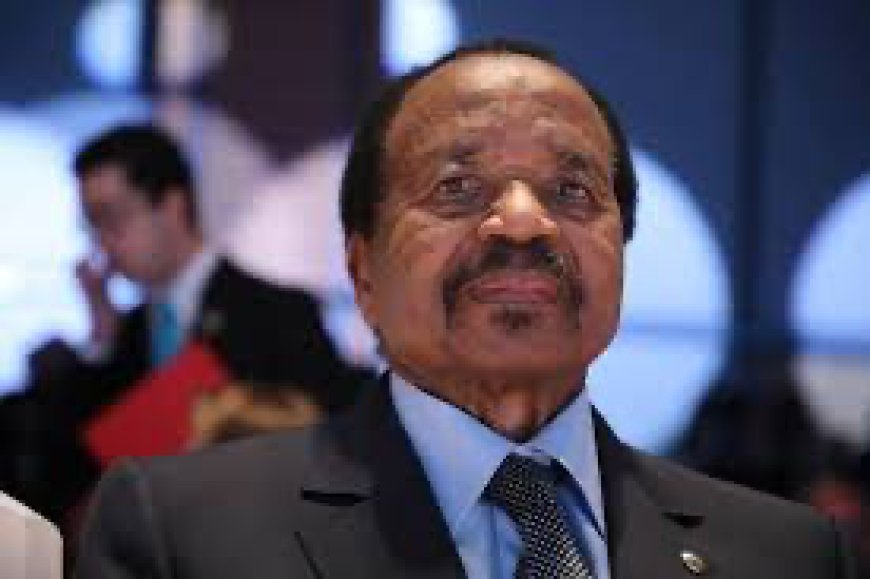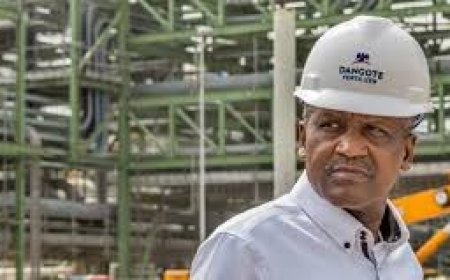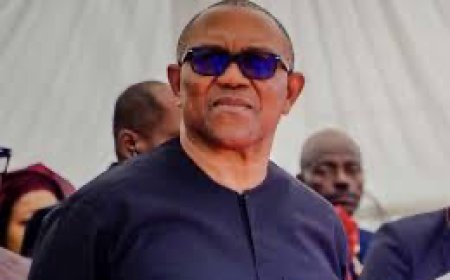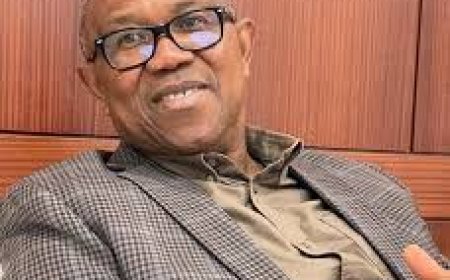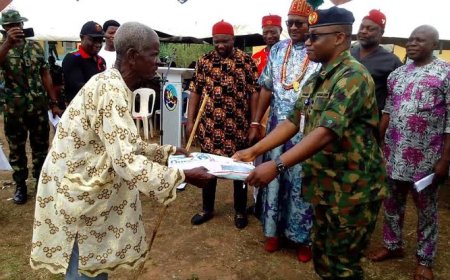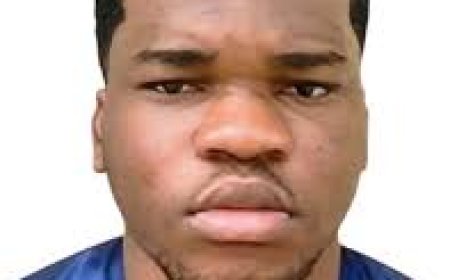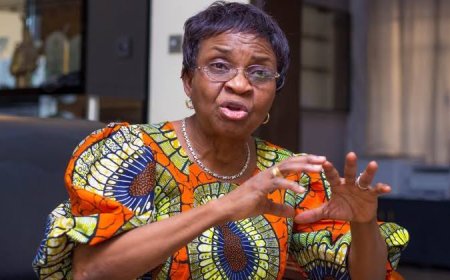By Chris Agbedo
Paul Biya of Cameroon is at it again. At 92 years of age, and after 42 years in power, the world's oldest sitting president has announced, without a shred of irony, that he will be running for an eighth term in the upcoming October 12 presidential election. If successful, Biya could remain in power until nearly 100, making the presidency less a democratic office than a personal estate. His declaration is not only a grim testament to the tragedy of Cameroon but also a mirror reflecting the broader African tragedy of sit-tight rulers who have turned public office into a retirement home and the democratic process into a mockery.
Biya’s announcement, couched in the predictable rhetoric of “service” and “urgency of challenges,” is laughably hollow to those who have watched Cameroon stagnate under his iron grip. Since 1982, he has presided over a country where political dissent is ruthlessly silenced, press freedom muzzled, and any hint of democratic renewal strangled at birth. Cameroon’s political scene has not changed in decades because it has been systemically denied the oxygen of change.
It is not lost on anyone, not even Biya’s dwindling number of sincere supporters, that this latest bid for office is not about service but about power: power for its own sake. It is power not as a means to transform society but as a means to prolong one’s personal relevance in a country crying out for leadership, vision, and generational renewal.
Indeed, Biya is not alone in this African tragedy. He belongs to the inglorious club of sit-tight rulers who believe they alone are destined to govern till death or nature intervenes. From Equatorial Guinea’s Teodoro Obiang Nguema to Uganda’s Yoweri Museveni and until recently Zimbabwe’s Robert Mugabe, Africa has been plagued by a leadership class that equates longevity in office with accomplishment. Yet, history shows otherwise. Prolonged tenure in Africa’s presidential palaces rarely delivers progress; it breeds complacency, corruption, nepotism, and violent suppression of opposition.
Cameroon today is a vivid case study. Under Biya, the country has seen its Anglophone regions descend into violent conflict, its economy stagnate under decades of mismanagement, and its democratic institutions reduced to ceremonial rubber stamps. What began as a promising post-independence republic has been transformed into a personalized monarchy in all but name.
The justification for these endless reigns is often wrapped in the language of “stability” — as though without these aging patriarchs, their nations would crumble. But stability without accountability is not governance; it is stagnation. Cameroon’s real challenge today is not instability caused by political change but instability caused by the suffocation of change.
Biya’s re-election bid underscores a deeper crisis of political imagination in Africa, where some leaders and their enablers cannot envision a future not tethered to the same tired personalities. The result is a continent littered with “strongmen” who have outlasted their usefulness and whose legacies are already being written in the ink of repression and missed opportunities.
Opposition voices, like that of human rights advocate Nkongho Felix Agbor, rightly argue that Biya’s latest candidacy is a betrayal of Cameroon’s future. The youth — the majority of Cameroon’s population — have known no other leader. They are denied the opportunity to see their country led by someone attuned to the challenges of the 21st century rather than clinging to the survivalist politics of the Cold War era.
Africa does not suffer from a lack of capable leaders. It suffers from a refusal to let go. Leadership must be a relay, not a hostage situation. The baton must be passed, not clung to in desperation. Until this lesson is learned, Africa’s dreams of democratic flourishing will remain deferred, and the likes of Paul Biya will continue to cast long, stifling shadows over nations yearning for light.
The upcoming Cameroonian election, therefore, is not just about Biya. It is about the soul of Africa’s democracy — about whether elections can ever mean real choice or whether they will remain elaborate rituals to sanctify life presidencies. The answer lies not only with Cameroon’s electorate but with the African Union, regional blocs, and civil society across the continent. Silence and complicity are no longer tenable.
Paul Biya’s latest ambition is a tragedy foretold. The question is: must Cameroon suffer it yet again?
